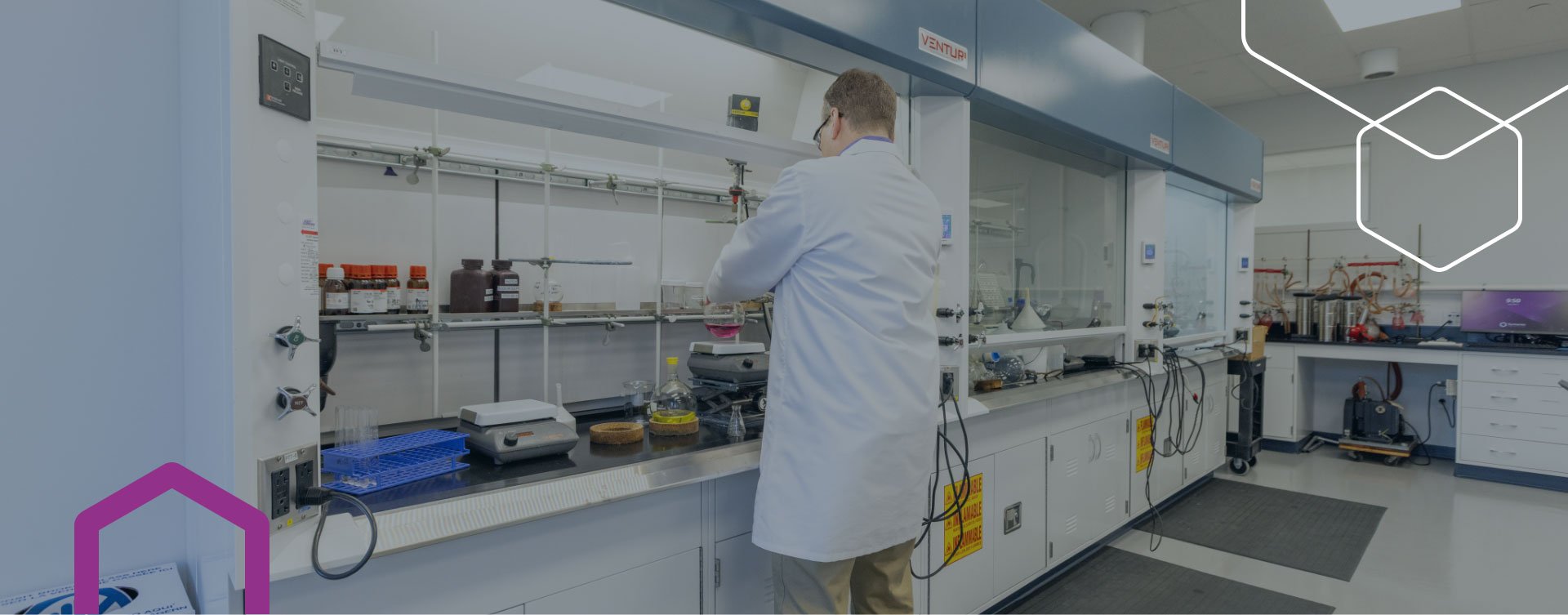
Custom Synthesis
Precision Chemistry, Tailored for You
At Organix, we specialize in custom chemical synthesis solutions to meet advanced research needs. Whether you require novel small molecules, complex heterocycles, carbohydrates, or polymers, our expert PhD chemists provide:
Expertise Across Chemistries – Heterocyclic, carbohydrate, and polymer chemistry
Problem-Solving Approach – Innovative solutions for intricate synthetic challenges
Scalability & Reproducibility – From milligram to kilogram synthesis
Regulatory Support – Compliance with stringent industry standards
We work closely with you to ensure high-purity compounds with precise specifications, supporting advancements in pharmaceuticals, biotechnology, and material sciences.

Polymer Nanoparticles: A Viable Alternative to Lipid Nanoparticles
Organix specializes in custom polymer synthesis and characterization of polymer nanoparticles (PNPs) for drug delivery, encapsulation and encapsulation. Our expertise includes:
Biodegradable Polymers: Custom-designed materials for targeted and sustained drug release.
Encapsulation Efficiency: Optimized formulations to protect and control the release of active ingredients.
Surface Modification: Functionalized nanoparticles to enhance bioavailability and targeting.
Analytical Characterization: GPC and advanced NMR and chromatography techniques to ensure quality and consistency.
RAFT polymerization: versatile chain transfer polymerization methods using radical polymerization providing living polymers.
Our polymers for PNPs support innovations in gene therapy, oncology, and drug delivery systems, offering scalable and reproducible solutions tailored to your research needs.
Polymers for Broader Applications
Beyond pharmaceuticals, PNPs have diverse applications across multiple industries:
Medical Devices & Dental: Incorporating antibacterial properties for improved safety.
3D Printing Materials: Functional polymers for advanced biocompatible and structural applications.
Coatings & Surface Treatments: Enhancing durability, adhesion, and protective capabilities.
Environmental & Industrial Use: Custom materials designed for packaging and advanced composites.
With our extensive expertise in polymer chemistry, we provide tailored polymer engineering solutions to meet the evolving needs of the medical device and materials science industries, including biomaterials and nanomaterials.
Small Molecules, Complex Heterocycles and Carbohydrate Synthesis
As a medicinal chemistry contract research organization (CRO), Organix specializes in the design, synthesis, and optimization of compounds to support drug development. Our capabilities allow us to work with a variety of pharmacologically active synthetic and natural compounds. Some of our key offerings include:
HRP Conjugates: Small molecule conjugates to biomaterials such as HRP. Organix designs, synthesizes, purifies, and characterizes these bioconjugates and can incorporate small molecules such as steroids or indole analogs.
GalNAc Conjugates: Organix has coupled small molecules and lipids to GalNAc dendrimers and purified them using normal or reverse-phase chromatography. These conjugates (MW >1,500–4,000) can then be characterized by NMR or GPC/HPLC.
Phosphitylation: Organix provides phosphitylation services, providing high-purity, well-characterized building blocks (NMR & HPLC-UV/HPLC-ELSD) to streamline synthesis and enhance reliability in complex chemistry.
Explore Our Services
Medicinal
Chemistry
Drug Delivery
Solutions
Custom
Synthesis
Analytical
Services
Polymer
Chemistry
Process
Development













